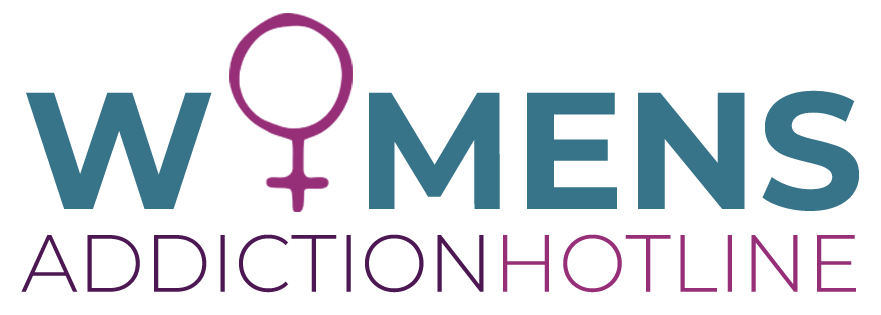California Women’s Addiction Hotline
California Women’s Substance Abuse Hotline
California Women’s Drug & Alcohol Abuse Statistics
The CWHS found that the prevalence of alcohol abuse among adult women in California is 9.3 percent. This is similar to findings from national surveys of the US population, in which 7.3% to 11.8% of women reported having five or more drinks on one occasion in the past month [1].
Although considered primarily a male phenomenon, female drug use does exist and appears to be similar to male drug use patterns in today’s urban settings. Although women’s drug use often begins later or begins iatrogenicly, it declines more rapidly and progresses rapidly through the dependence phase, accompanied by greater psychological and physical morbidity. The stigma of “fallen angels” makes these women easy victims of society’s ills and prevents them from seeking help in the early stages of their illness. Stigma pushes them into darkness, forcing them to engage in more risky behaviors such as unsafe drug use and unsafe sex. [2].
Gender differences in substance-use disorders and treatment outcomes for women with substance-use disorders have been a focus of research in the last 15 years. The initiation, use patterns, acceleration of disease course, and help-seeking patterns are affected by gender differences in biologic, psychological, cultural, and socioeconomic factors. Important gender-specific factors also predict women’s substance abuse treatment entry, retention, and outcomes. Understanding the basic biological mechanisms that underlie these gender differences in vulnerability and responsiveness to substances will enhance the development of gender-specific treatments. Additional research is also necessary to elucidate gender differences in response to specific pharmacologic and behavioral treatments, to identify subgroups of women who can benefit from single-gender versus mixed-gender treatments, and to improve understanding of the effectiveness and cost-effectiveness of gender-specific versus standard treatments[3].
References
1. Women’s childhood and adult adverse experiences, mental health, and binge drinking: The California Women’s Health Survey… from substanceabusepolicy.biomedcentral.com
2. Substance use in women: Current status and future directions… from www.ncbi.nlm.nih.gov/pmc/articles/PMC4539872/
3. Substance Abuse in Women… from www.ncbi.nlm.nih.gov/pmc/articles/PMC3124962/

Women’s Substance Abuse Treatment Resources California

Women’s California Government Substance Use Treatment and Recovery
Women’s California Government Substance Use Prevention, Treatment and Recovery Mandated by Congress, SAMHSA administers the Substance Use Prevention, Treatment and Recovery Services Block Grant (SUBG) noncompetitive, formula grant through SAMHSA’s Center for Substance Abuse Treatment (CSAT) Performance Partnership Branch, in collaboration with the Center for Substance Abuse Prevention (CSAP) Division of State Programs. The SUBG, previously known as Substance Abuse Prevention and Treatment Block Grant (SABG)/ DHCS acts as a pass-through agency to provide SUBG funding to local non-federal governments to either provide SUD services directly or by contracting with local SUD providers. The SUBG Program’s objective is to help plan, implement, and evaluate activisties that prevent and treat SUDs. Grantees use the SUBG program for prevention, treatment, recovery support, and other services to supplement Medicaid.

Women’s California Government Substance Use Treatment and Recovery
California First 5 Substance Abuse Support First 5 California will convene, partner in, and help lead the movement to create and implement a comprehensive, integrated, and coordinated system for California’s children prenatal through age 5 and their families. It will promote, support, and optimize early childhood development. The recovery process is no easy feat, but these local resources can offer you or a loved one support for the journey.
California Women for Sobriety New Life Program
Women’s California Government Substance Use Prevention, Treatment and Recovery Mandated by Congress, SAMHSA administers the Substance Use Prevention, Treatment and Recovery Services Block Grant (SUBG) noncompetitive, formula grant through SAMHSA’s Center for Substance Abuse Treatment (CSAT) Performance Partnership Branch, in collaboration with the Center for Substance Abuse Prevention (CSAP) Division of State Programs. The SUBG, previously known as Substance Abuse Prevention and Treatment Block Grant (SABG)/ DHCS acts as a pass-through agency to provide SUBG funding to local non-federal governments to either provide SUD services directly or by contracting with local SUD providers. The SUBG Program’s objective is to help plan, implement, and evaluate activisties that prevent and treat SUDs. Grantees use the SUBG program for prevention, treatment, recovery support, and other services to supplement Medicaid.

Teen Challenge Of Southern California Residential Program
Teen Challenge Of Southern California Residential Program. Teen Challenge of Southern California has been an effective solution to life-controlling problems for thousands of people for more than 50 years. We offer a variety of outreach programs, and we have a one-year residential drug recovery program for men and women over the age of 18, as well as adolescent boys ages 12 – 17. The one-year adult program starts with a student entering one of our Induction Centers for approximately three months, then transferring to one of two long-term centers for an additional nine months. The one-year program is designed to address the physical, emotional and spiritual needs of our more than 500 students. Over the course of their stay, we provide Christian discipleship classes, individual advising sessions, vocational training, basic computer classes, GED certificate and high school diploma courses and curriculum designed to help each student re-integrate into society.

